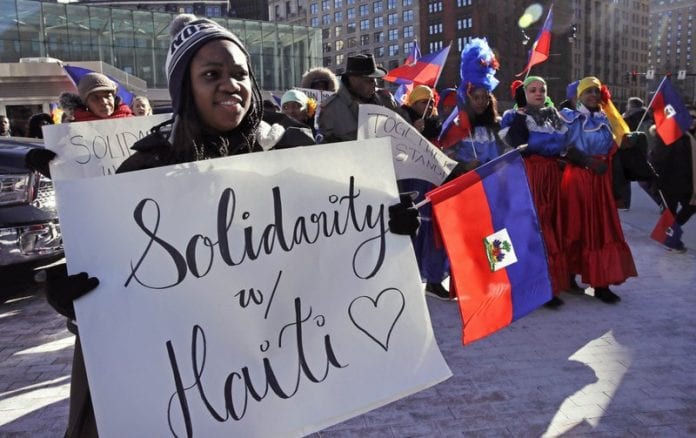In a significant policy reversal, Secretary of Homeland Security Kristi Noem reversed the Biden administration’s decision to extend Haiti’s Temporary Protected Status (TPS) by 18 months. As a result, Haiti’s TPS designation will end on August 3, 2025, unless further extended.
This move is part of former President Donald Trump’s broader immigration policy, which aims to rescind policies he considers “magnets for illegal immigration.”
TPS is a temporary immigration status granted to nationals of designated countries experiencing armed conflict, environmental disasters, or other extraordinary conditions. Since 2010, Haiti has been under TPS designation following the devastating earthquake that year. Over time, the number of Haitians qualifying for TPS has grown significantly, with DHS estimates increasing from 57,000 in 2011 to 520,694 by July 2024.
In August 2024, former U.S. President Joe Biden extended TPS for Haitians to February 3, 2026, due to extraordinary and temporary conditions in Haiti.
On Thursday, a Department of Homeland Security spokeswoman defended the TPS reversal, stating:
“Biden and Mayorkas attempted to tie the hands of the Trump administration by extending Haiti’s Temporary Protected Status by 18 months—far longer than justified or necessary.
“We are returning integrity to the TPS system, which has been abused and exploited by illegal aliens for decades. President Trump and Secretary Noem are returning TPS to its original status: temporary.”
The decision has sparked concern among Haitian nationals and Haitian Americans, many of whom fear that thousands of individuals will face deportation or be forced into uncertain immigration limbo. Advocates warn that ending Haiti’s TPS designation could have severe humanitarian consequences, given Haiti’s ongoing instability, economic challenges, and security concerns.
“This decision is devastating for our community,” said Jean-Pierre Louis, a Haitian-American based in Miami. “Haiti remains in crisis, and sending people back to a country struggling with political turmoil and gang violence is not just inhumane, but reckless.”
Haitian-led organizations and community leaders in the U.S. have vowed to push for a reconsideration of the policy, calling on lawmakers to intervene. The decision follows a similar move last month when Secretary Noem rescinded the previous administration’s extension of Venezuela’s TPS designation.
With an estimated half a million Haitians under TPS protections, the coming months could prove pivotal as legal and political battles unfold over the fate of those affected.















